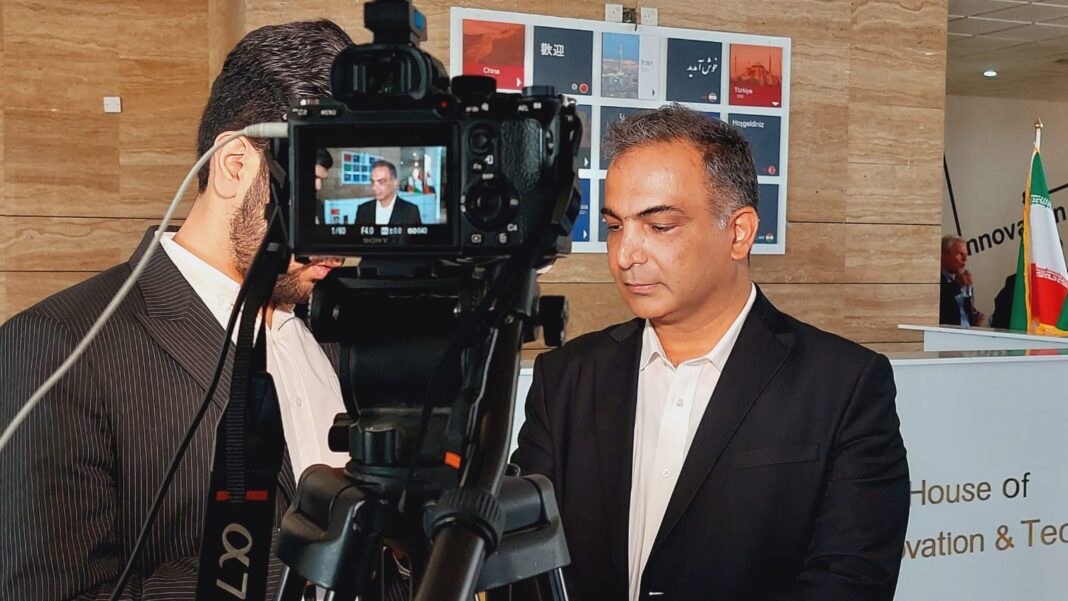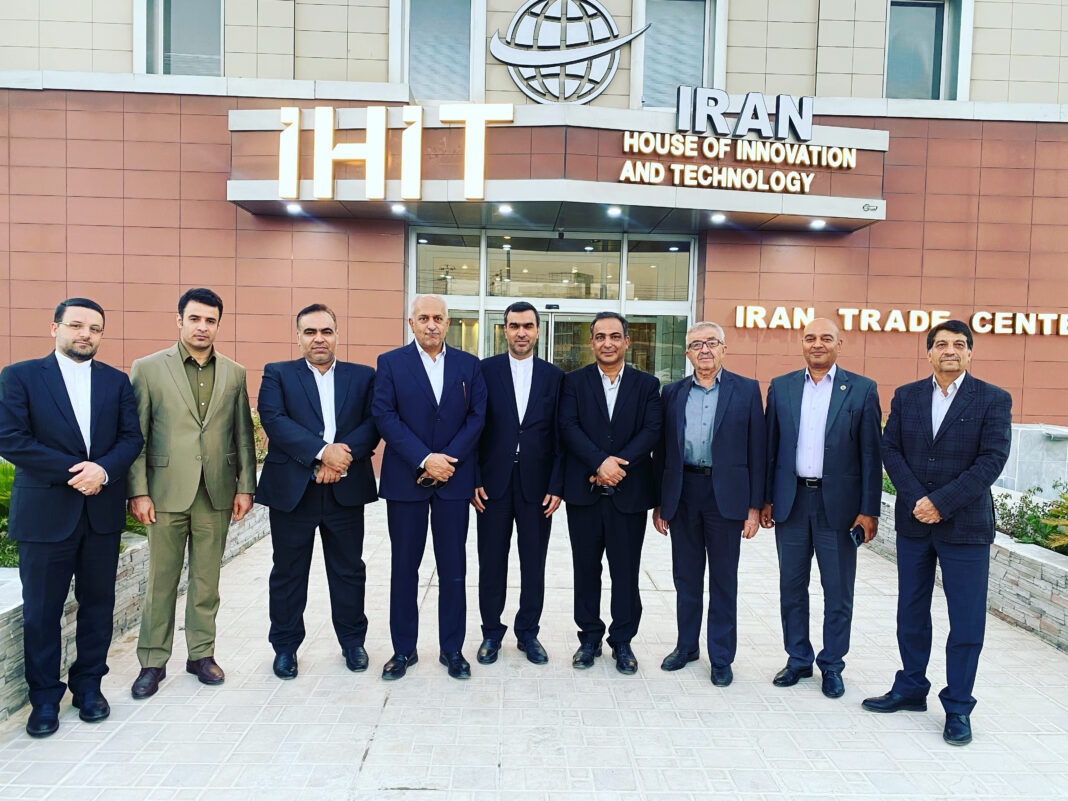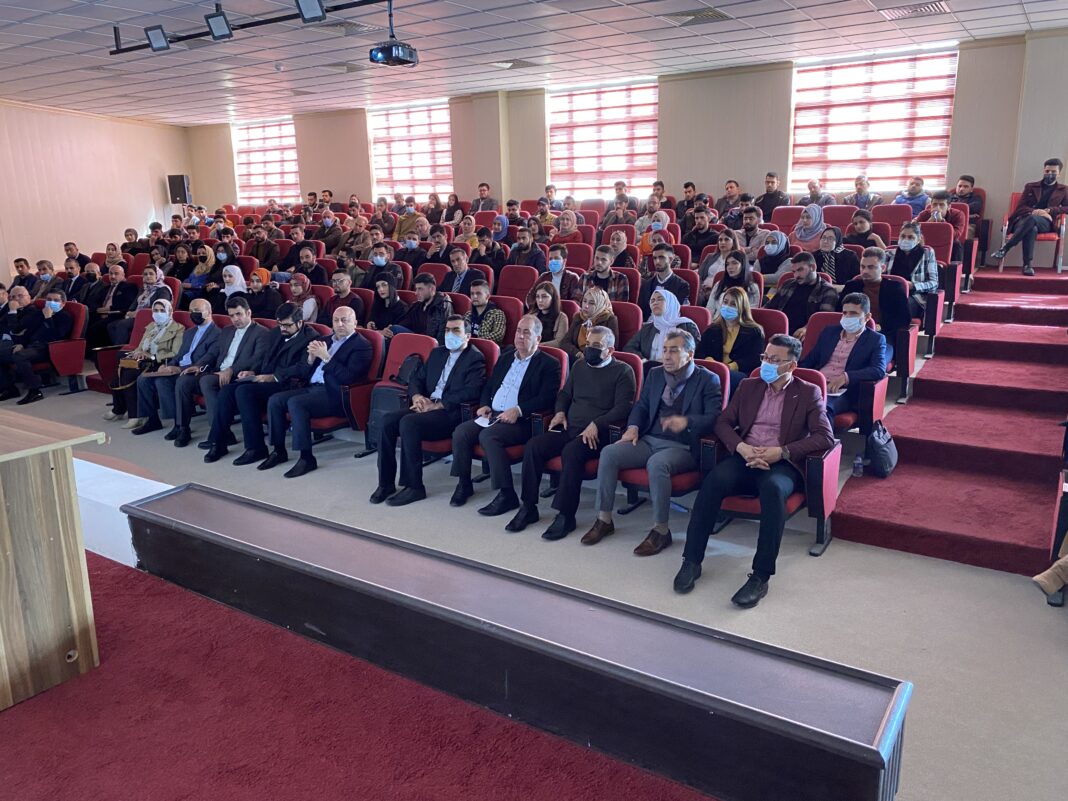1. Overview of the Kurdistan Market
The Kurdistan Region has witnessed significant economic growth over the past two decades, driven by oil exports, foreign investments, and infrastructure development. While the oil sector remains dominant, there is a growing shift towards diversification in industries such as real estate, agriculture, retail, and technology. This shift is creating new opportunities for businesses and investors looking to enter the market.
2. Key Sectors Driving the Economy
Several industries play a crucial role in Kurdistan’s market dynamics. The oil and gas sector remains the backbone of the economy, attracting international investments and fueling government revenues. Meanwhile, the real estate market is expanding, with increasing demand for commercial and residential properties. Additionally, the retail sector is growing, driven by rising consumer demand and the expansion of shopping malls, supermarkets, and e-commerce platforms.
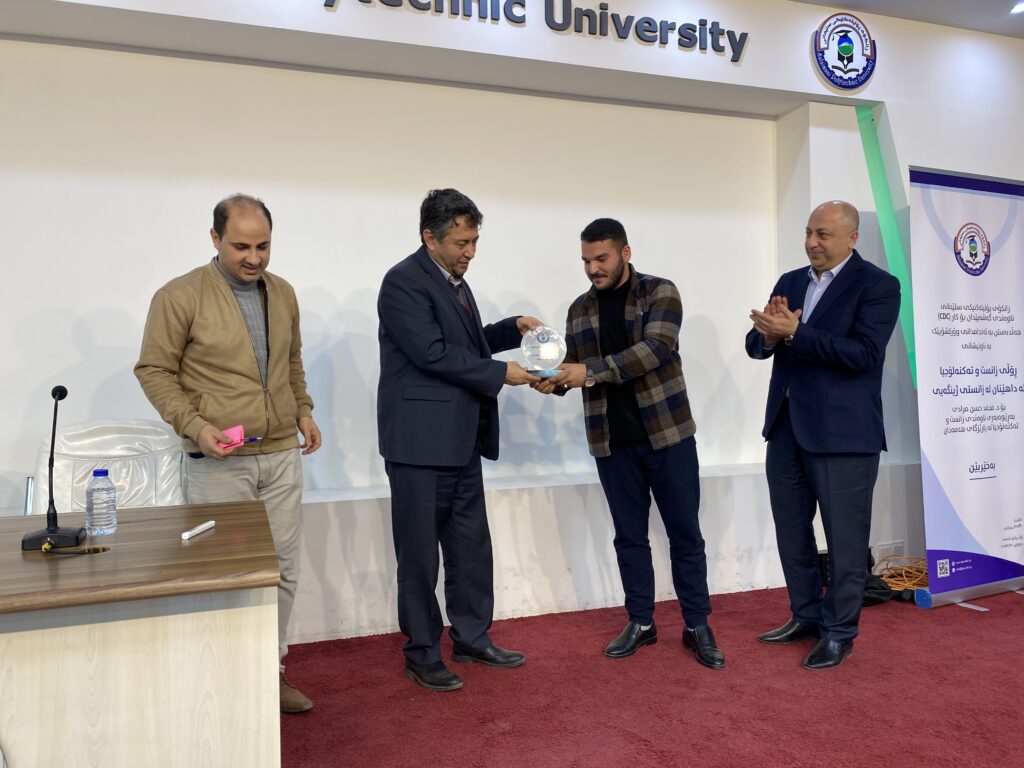
3. Challenges Facing Businesses and Investors
Despite its growth, Kurdistan’s market faces challenges such as bureaucratic hurdles, regulatory uncertainties, and dependence on oil revenues. Currency fluctuations and delays in government payments can create financial risks for businesses. Furthermore, political tensions with the Iraqi central government can sometimes impact trade and investment flows. Addressing these challenges requires policy reforms, improved financial regulations, and stronger business infrastructure.
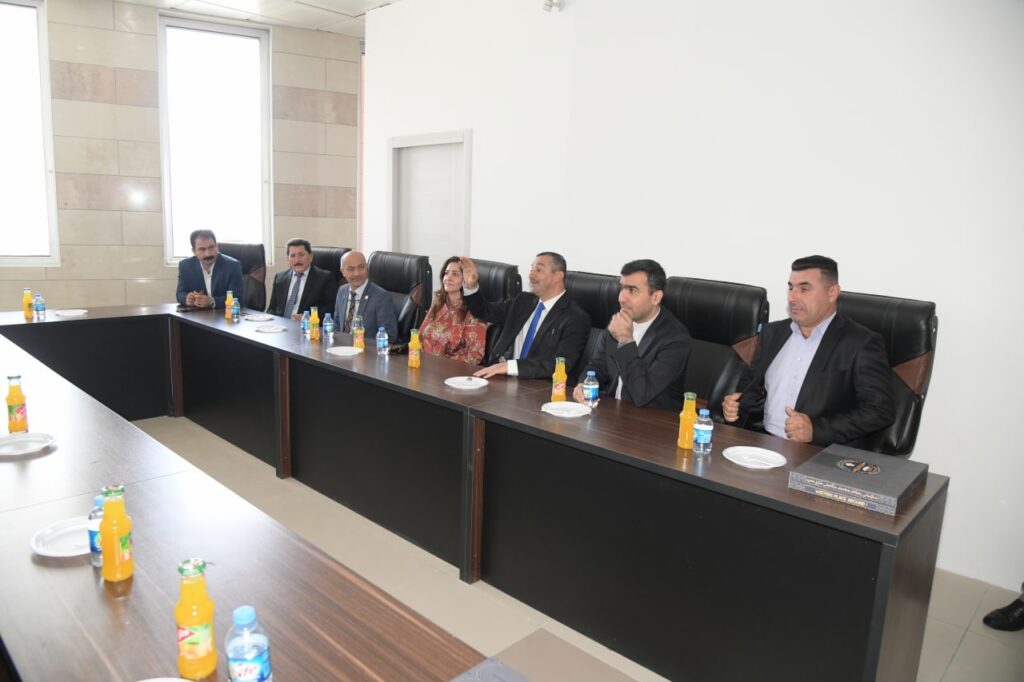
4. The Role of Foreign Investment
Foreign direct investment (FDI) plays a significant role in shaping Kurdistan’s economy. The government has introduced investment-friendly policies, offering tax incentives, simplified business registration, and land allocations to attract international businesses. However, investors still need to conduct thorough market research and risk assessments to ensure long-term success in the region.
5. Future Market OutlookLooking ahead, the Kurdistan Region is expected to continue its economic diversification efforts, with a focus on expanding non-oil industries, technology-driven businesses, and digital transformation. By improving trade policies, infrastructure development, and business regulations, the region can further enhance its attractiveness for both local and international investors.

